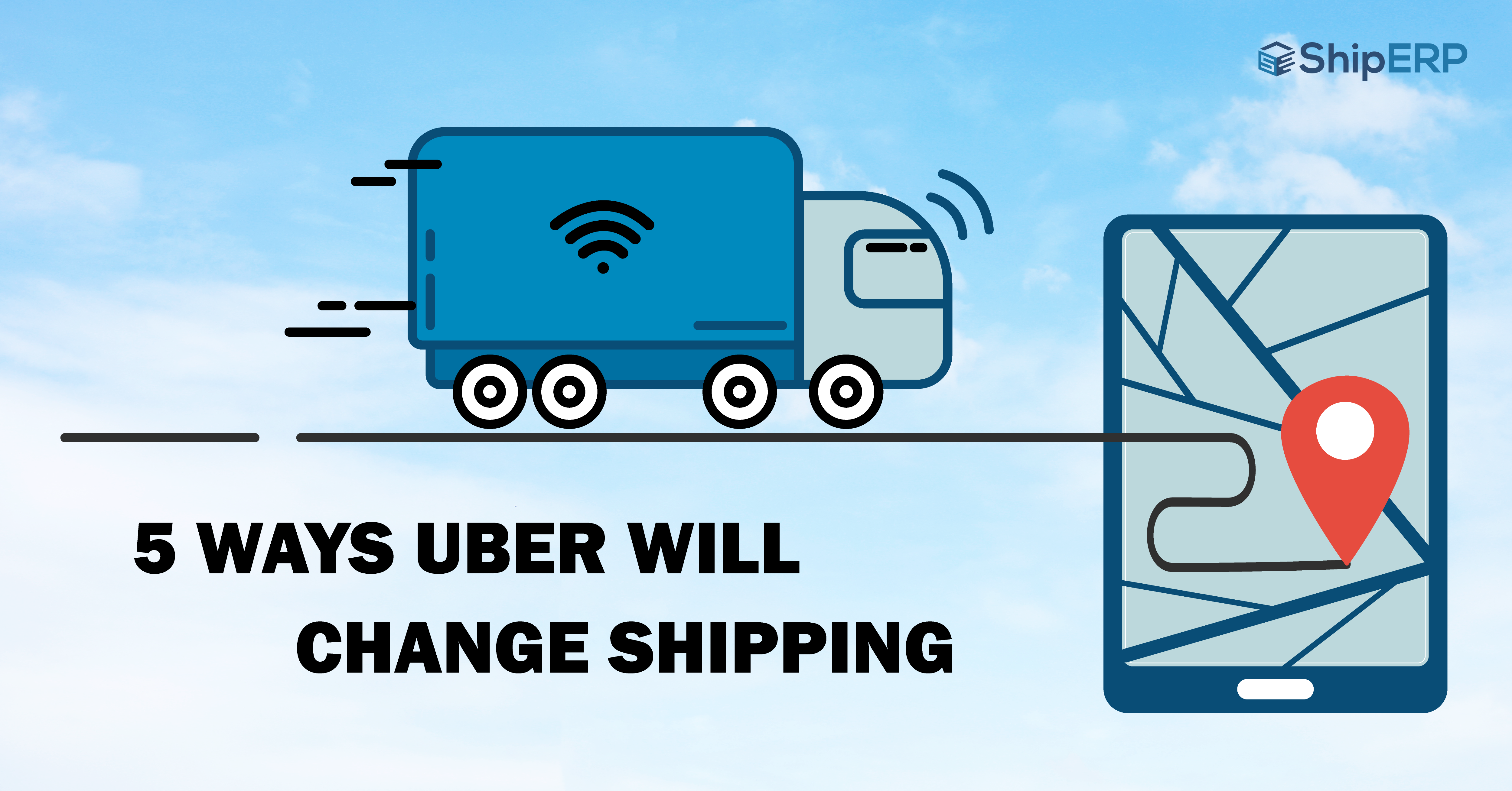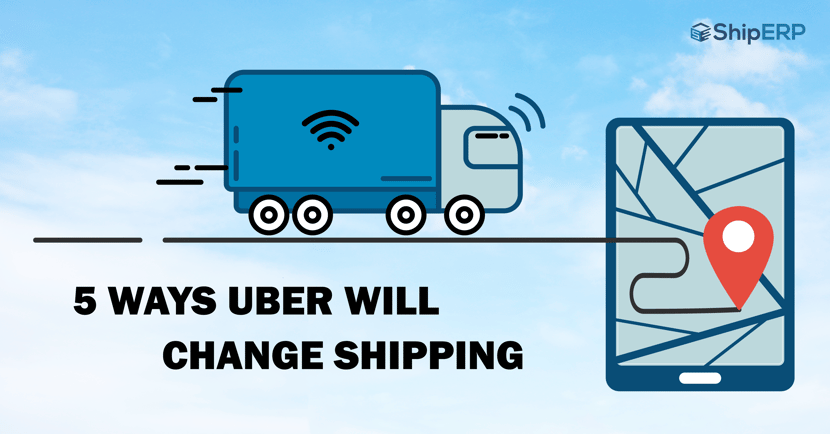
How Uber Will Change the Freight Shipping Game
People in shipping and logistics rely on transparency and dependability to deliver goods all over the globe. Well, Uber has thrown down the gauntlet, challenging shipping giants to step up their game or face disruption head-on. With that said, carriers, shippers, and consumers can be impacted by disruption such as self-driving trucking.
Uber announced its new division for shipping and logistics—Uber Freight—last year. This new business model allows the company to expand upon the work of companies alongside Uber’s own ride-sharing service. The ripple effects from these changes, accompanied by Uber’s recent purchase of the self-driving trucking startup, Otto, are likely to change the face of shipping forever. Here’s how...

Potential Effects Of Uber Freight On Shipping Dispatch
Shipping depends on thousands of logistics and dispatch personnel to run smoothly, so Uber Freight is uniquely poised to upset this balance! What's interesting is that the company is disrupting dispatchers and other matchmaking services by connecting carriers and shippers directly via their platform, in an open marketplace. This platform will help shippers quickly connect to carriers to fulfill shipments, and also help carriers maximize their shipments (especially on long haul trips).
Shifting From Industry To SaaS
The Uber Freight platform removes a need for coordinators, dispatchers, and administrative staff in the shipping process. The roles of these specialists are now being coded into simple operations, such as location-based load finding and back-haul location. For example, LG Electronics noted the potential of this business model and adopted Uber Freight for deliveries across the U.S.
Driverless Trucking
Once driver-less trucking becomes a staple of society, the bulk of shipping companies will rely on trucks that can run routes nearly 24/7. These automated vehicles should only need to stop for fueling and maintenance, as well as loading and unloading. Powerloop, a geographically limited solution from Uber seeks to practically dissolve loading times for carriers.
How Is Uber Poised To Change The Game For Shippers?
Shipping is rife with opportunities for disruption. There are currently thousands of logistics employees who could be replaced with this automation change to the shipping industry, then acquire new skills and take on a new role within the industry. The resulting savings would be substantial.
Marketplace Competition
Anyone seeking to ship packages can now locate a carrier and determine the cost of shipping upfront, as well as seek out the carriers to best suit their needs. Perhaps cost efficiency is paramount for a particular shipper, while another may be more concerned about driver history—e.g.crashes, smoothness, etc.
Regardless of the necessary parameters, an open marketplace provides an opportunity for drivers of all sorts to find their ideal clientele and fulfill any needs they have. Some enterprise clients already participating include LG and Nestle.
Process Outsourcing And Optimization
Companies no longer need to staff or outsource an entire logistics division—or alternatively pay extra for operational efficiency—Uber Freight marketplace provides both shippers and carriers with an optimized location for picking and listing loads. By cutting out the middle steps, logistics and shipping operations will be able to recognize substantial efficiency increases.
How Is Uber Poised To Change The Game For Carriers?
Carriers need to have loads available for pickup as soon as they land, minimize drop-off times, and optimize their fuel efficiency. Uber Freight helps drivers capitalize not only on location-based optimization—making it easy to pick up a load or back-haul a load—but also allows drivers to use transparent pricing and a global platform to sell their services.
Powerloop
Uber Freight has partnered with Powerloop to offer a location-specific load scheduling feature. With Powerloop, drivers are able to pick up preloaded trailers and minimize drop-off times. This solves two major pain points for carriers—lost time that could be spent hauling during the dead space that are drop offs, also known as detention, and also having to wait for shippers to load trailers.
Carriers are better able to utilize their time with the added efficiency of Powerloop, but also the vetting process helps them secure a variety of clients while gaining access to additional Uber Freight features such as on-demand renting of trucks and trailers. Carriers who build relationships with shipping clients through these means can bolster their reputations and carve out a place for themselves within the disruptive shipping space.
